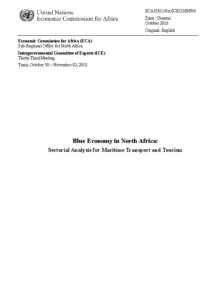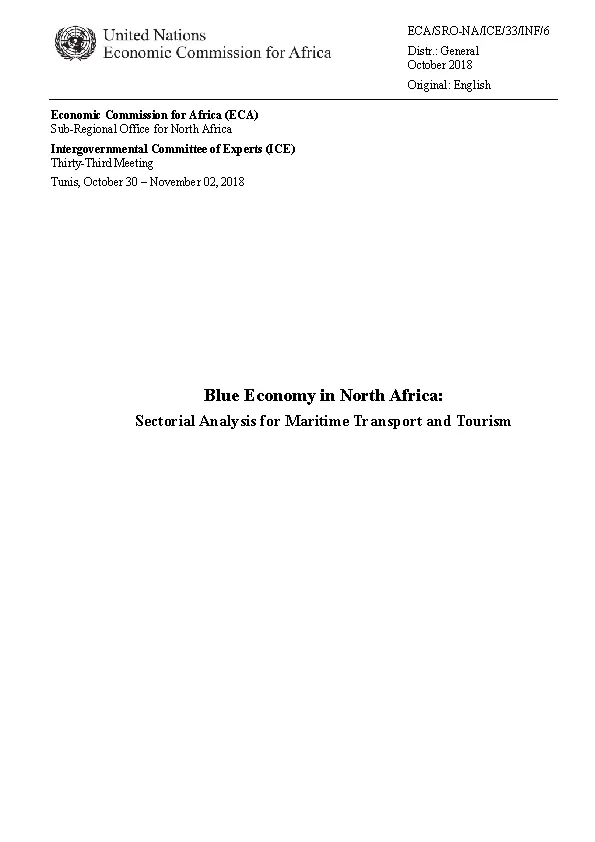The Blue Economy (BE) has been an increasingly invoked concept that integrates the economic exploitation of water resources i.e. oceans, seas, rivers, lakes and other water bodies with an advocated strategy to protect their health. More than 80% of mother earth is covered by water bodies, which are not only considered amongst the most important life resource. Water sources are entitled for half the global production of oxygen as well as the largest carbon sink that absorbs nearly quarter of the carbon dioxide emitted. This reduces global warming where 90% of the additional heat realized due to greenhouse effect is plunged. Economically, oceans1 are considered a remarkable source for both wealth creation and jobs provision (van der Nest 2017). For instance, 80% of global trade take place via maritime transport, while 32% of hydrocarbons are extracted from the oceans. Additionally, almost 200 countries and overseas territories benefit from touristic activities that are driven by the oceans (Patil et al. 2016). Within the African continent, 84% of African nations are coastal states, while in the NA sub-region, none of the member states are landlocked. In terms of African trade, 90% of imports and exports take place via the sea, which is a 10% higher proximity than the world. Both, the continent and the NA sub-region are enriched with various economic activities taking place along its coasts, all that multiply the importance of the water bodies and the importance of adhering to BE principles.


